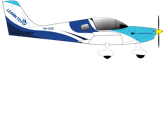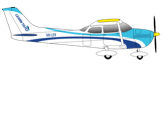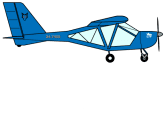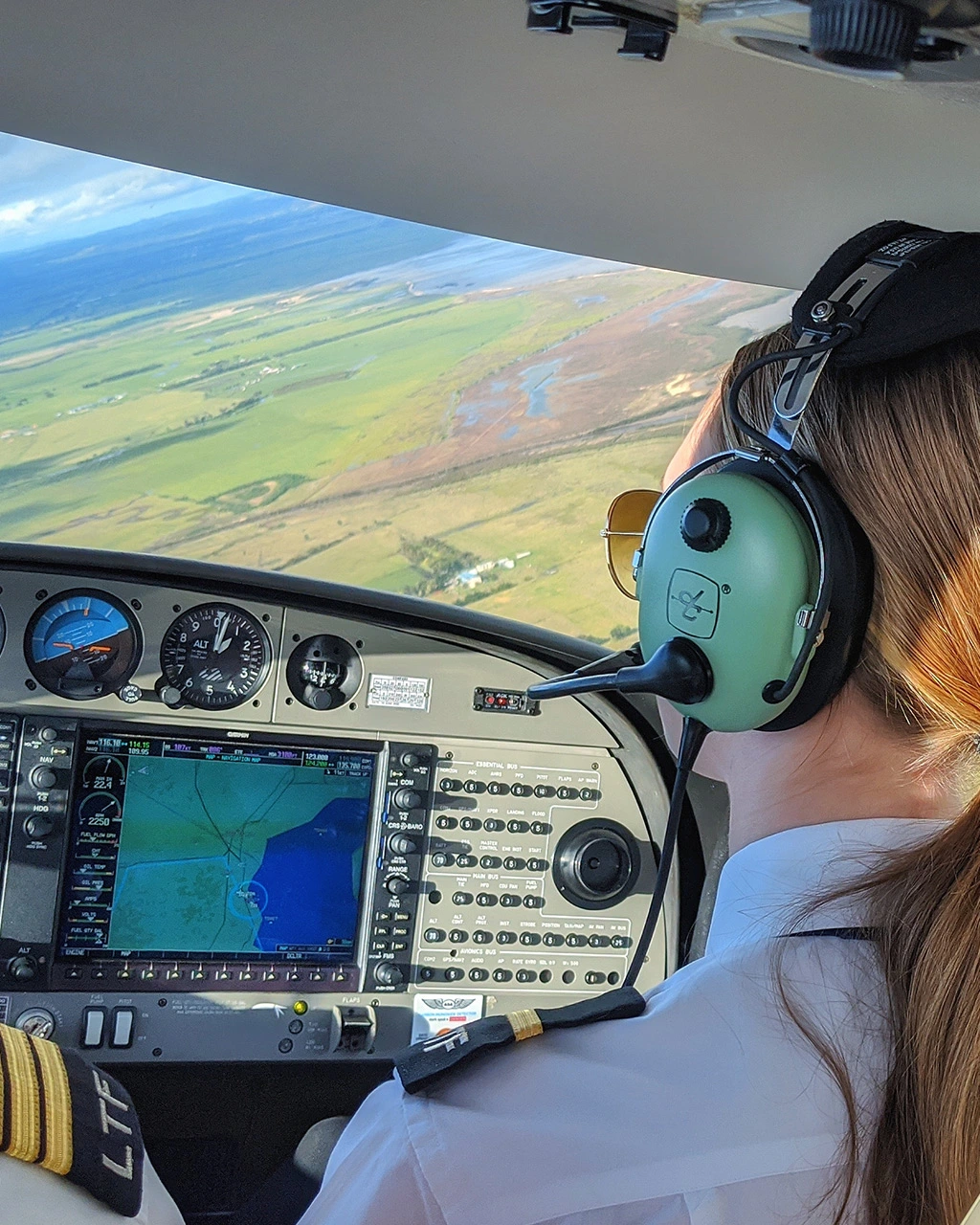
May 18, 2018
Common Pilot Phrases: What Are The Pilot Phrases You Should Know?
Have you listened to the way a pilot speaks over the intercom? Can you make out everything they say? ICAO Aviation English is the universal language of aviation. It is used by pilots, air traffic control, aircraft maintenance engineers, technicians, airport crew, and airline and cabin staff. Like any language, there is a lot to learn, but knowing it well will make you a far better pilot. So what are some of the most common pilot phrases that you should know?
Clear Communication
Passing the radio communications exam is compulsory for all trainee pilots. A pilots role is to be fluent and knowledgeable in the various technical words and abbreviations. A pilot who can respond swiftly and accurately with an air traffic controller will significantly reduce the margin for error. In the air, mishearing can lead to a big mistake.
Some of the worst plane disasters occurred with confusion from the pronunciation of certain words. A pilot must not just break through the sound barrier, but the language barrier as well.
The Phonetic Alphabet
The NATO spelling alphabet that you may already know (Alpha = A and Bravo = B) was first developed by the International Civil Aviation Organisation (ICAO) after World War II. Like all languages, the phonetic alphabet can differ slightly around the globe. Certain Scandinavian countries have altered letters and added symbols. Some words in the NATO alphabet are spelt differently to assist with international pronunciations.
For example, ‘Alfa’ is spelt without the ‘ph’ because some European languages would not pronounce it as an ‘f’. ‘Juliett’ is given an extra ‘t’ for similar reasons because, in French, with Juliet a single ‘t’ is silent.
Common Pilot Phrases
AFFIRM
Don’t believe everything you saw on Top Gun! Pilots don’t say “affirmative” for ‘yes’ – the correct term is “AY-firm”.
APPROACH
A plane coming into land.
MAYDAY
This is one you never want to use. It’s the distress call for emergencies, such as a complete engine failure. It comes from the French ’m’ aidez’, meaning ‘help me.’ When in trouble, a pilot will say it three times.
MEL
Minimum Equipment List. This means a part of the aircraft has malfunctioned but is not of vital importance to the flight.
PAN-PAN
This is the next level of distress down from ‘Mayday’. Apply it situations which are severe but not life-threatening. Pan-pan originates from the French word ‘panne’, meaning a breakdown. Like ‘Mayday’ it is said three times at the start of a call.
ROGER
Contrary to popular belief, not all men who work in aviation are called Roger. This code-word confirms the pilot has received a message but not yet complied.
SQUAWK
To squawk is to set your transponder (the device for receiving a radio signal) so that your location can be identified on radar. Pilots may be asked to ‘squawk Mode – – Charlie’ or ‘squawk ident’, which are individual settings to allow air traffic control to locate a plane.
STANDBY
Meaning “please wait”, this is said when the air traffic controller or pilot is too busy to receive a message.
WILCO
An abbreviation of “will comply”, meaning the message has is received, and the pilot will comply. The phrase ‘Roger Wilco’ has made its way into more popular use, but technically, the ‘Wilco’ part is the more important.
So, read up on common pilot phrases! Then combine them with clear pronunciation and eager listening skills, and you are clear for takeoff.
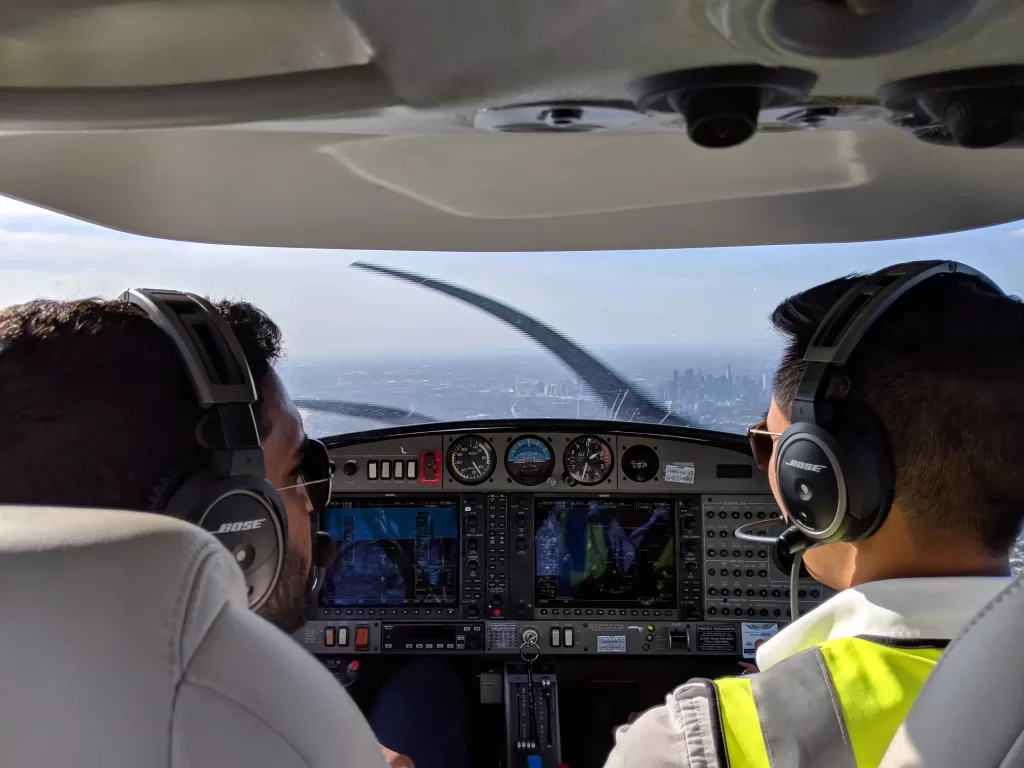
For information on our flying courses, email hello@learntofly.edu.au or go to https://drift.me/learntofly/meeting to book a meeting and school tour. You can also get more handy flying tips by clicking below and subscribing to our YouTube channel!


